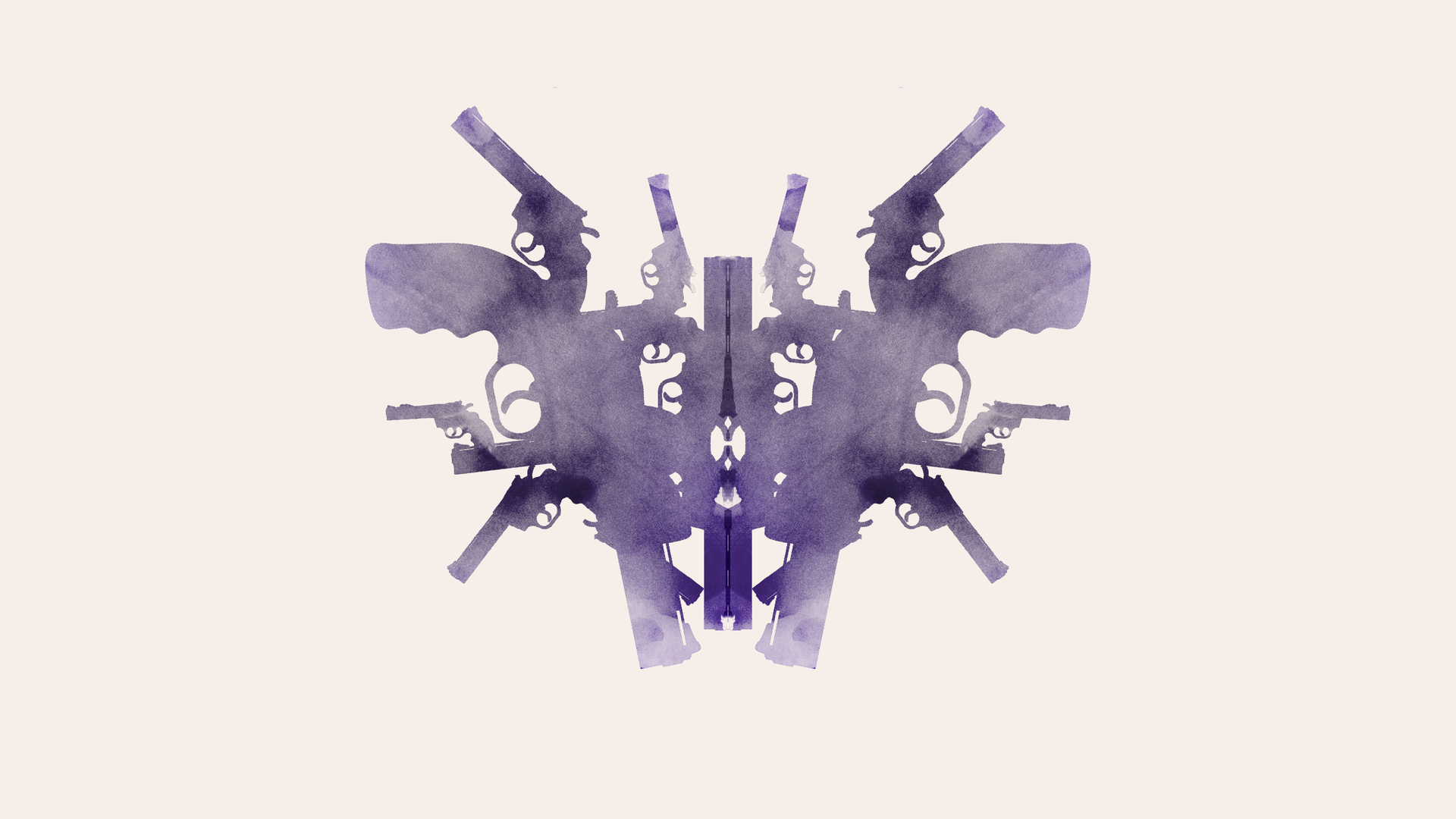America's mental health problem isn't mass shootings
Add Axios as your preferred source to
see more of our stories on Google.

Illustration: Lazaro Gamio/Axios
The U.S. has a gun violence problem and a mental health problem. But conflating the two won't solve either.
The big picture: The average person suffering from a mental illness is no more prone to violence than anyone without a mental illness, and mental-health advocates say exaggerating a link between mass shootings and mental illness can be stigmatizing and harmful.
Between the lines: "A very small proportion of people with a mental illness are at increased risk of violent behavior if they are not treated," David Shern and Wayne Lindstrom, former CEOs of Mental Health America, wrote in Health Affairs in 2013.
- These are the people with the most severe mental illnesses — often those characterized by paranoia and delusions, the authors added. These people also may have a substance abuse problem or a "history of victimization."
- Some researchers question whether limiting access to firearms for the mentally ill would further discourage them from seeking treatment.
Yes, but: Nearly two-thirds of gun deaths are suicides, and “mental illness is a very strong causal factor in suicide," Duke University's Jeffrey Swanson said.
Even if Congress did decide to further limit people with mental illness' access to guns, they'll quickly run up against the mental health system's broader shortcomings.
- A patient must interact with the system to receive a mental health diagnosis. And one of the system's biggest problems is that many people with mental illness can't get the treatment that they need.
- Only 25% of active shooters included in an analysis released by the FBI last year had ever been diagnosed with a mental illness, even though 62% had appeared to be struggling with some kind of mental health issue in the year before the attack.
- "The act of somebody who goes out and massacres a bunch of strangers, that’s not the act of a healthy mind," Swanson said. "But that doesn’t mean that person has a mental illness."
The bottom line: "While mental illness typically does not cause violence, acts of violence do typically cause mental illness," Mental Health America wrote in a policy statement.
Flashback from 2017: Mental health: Not just about mass shootings
